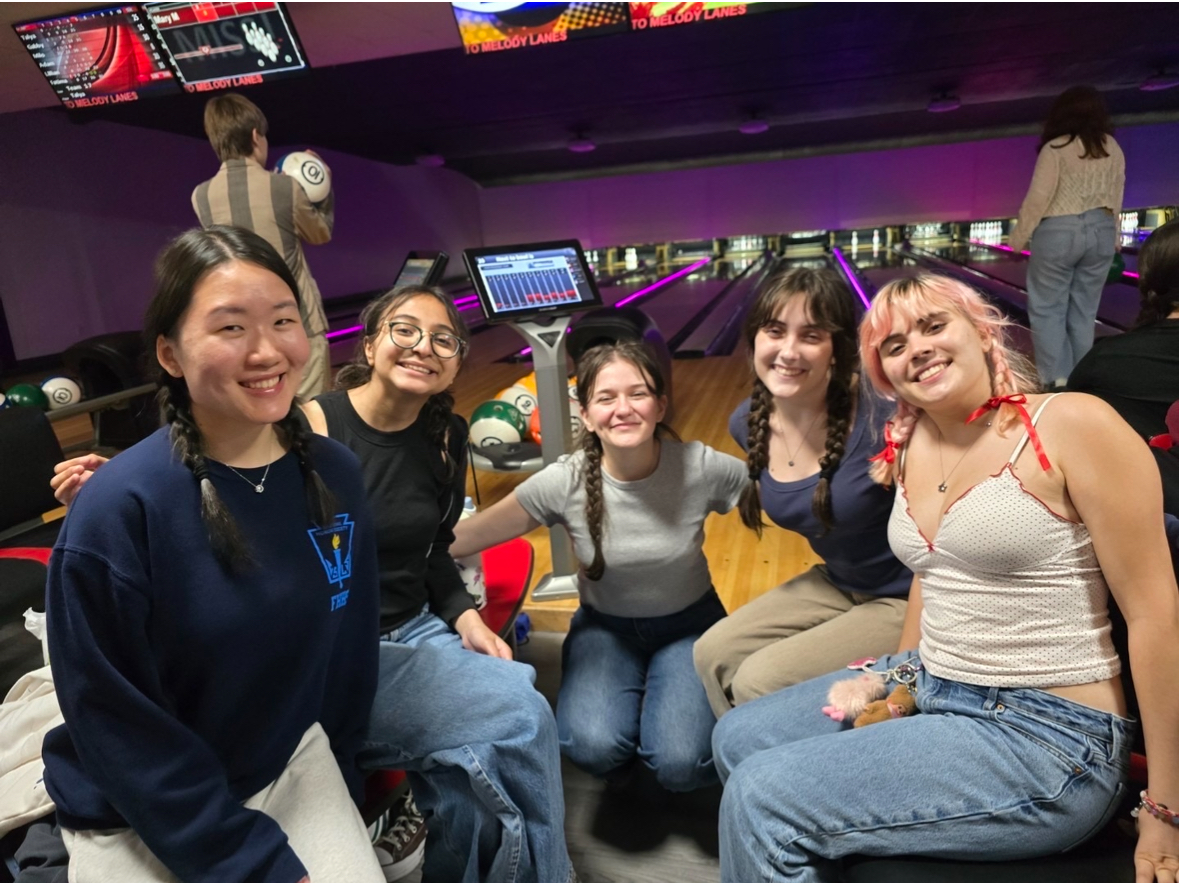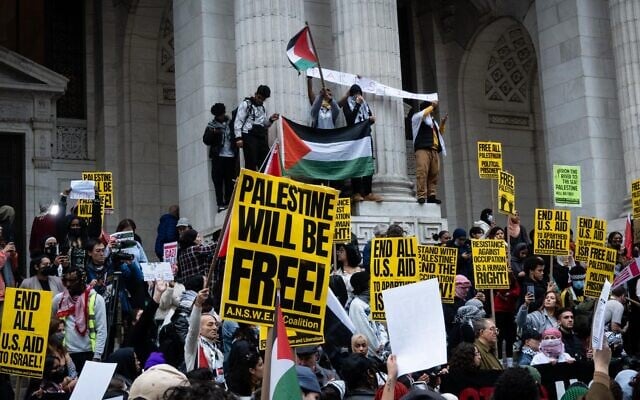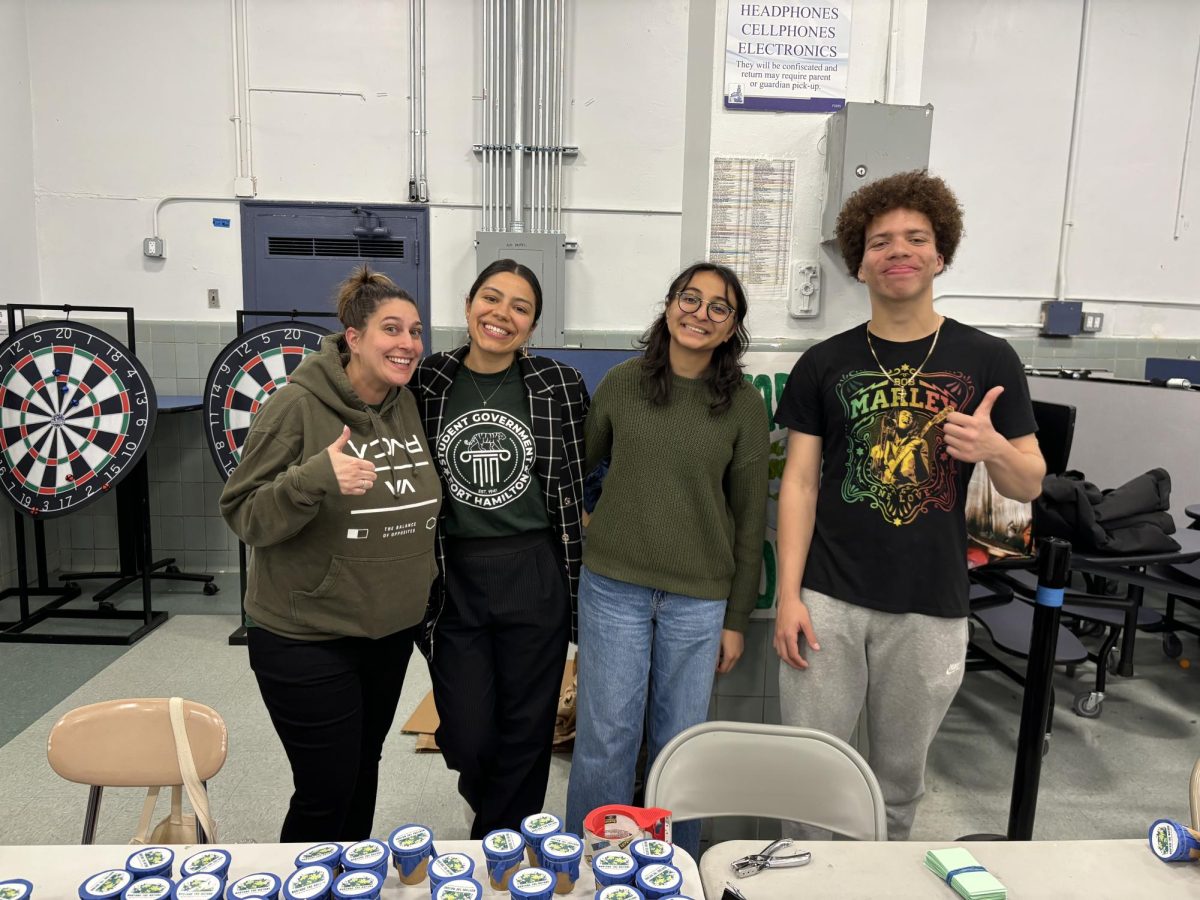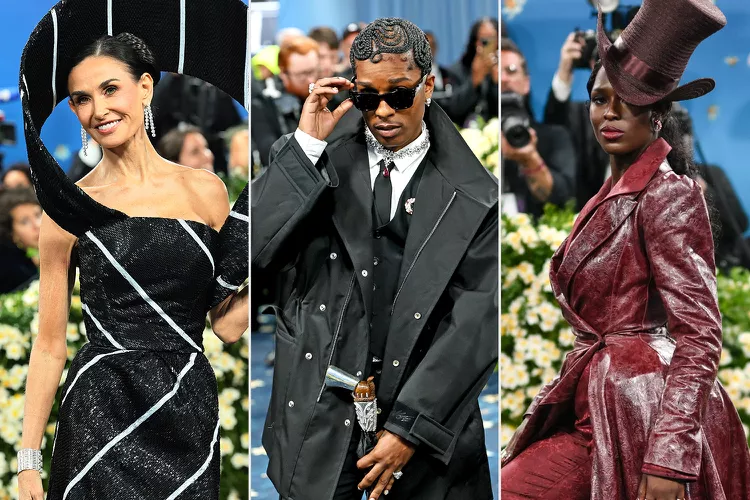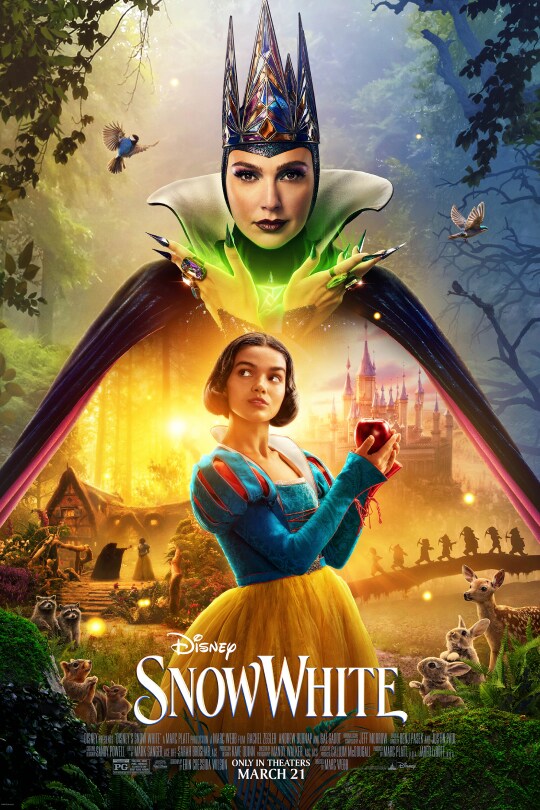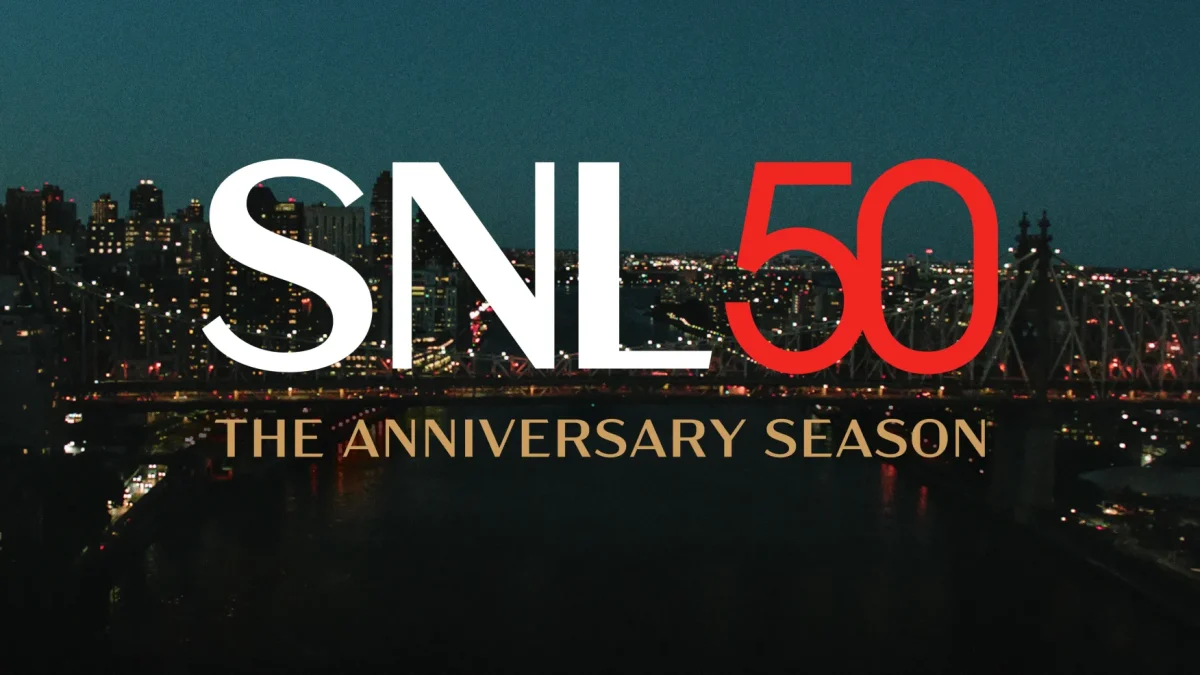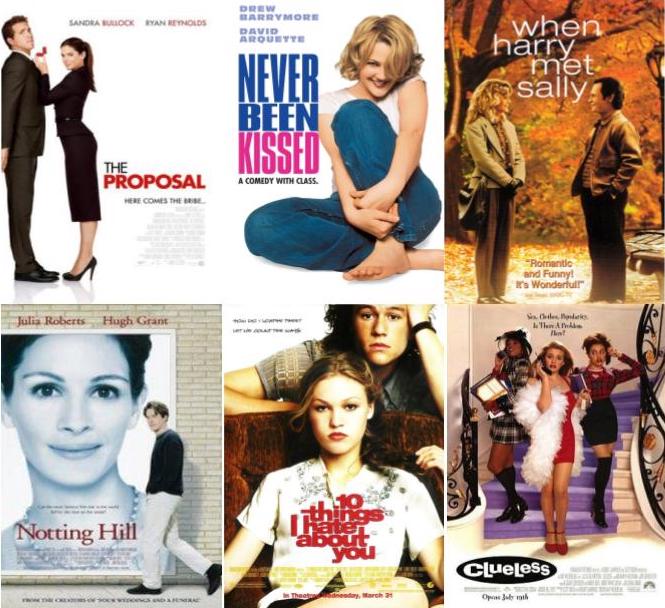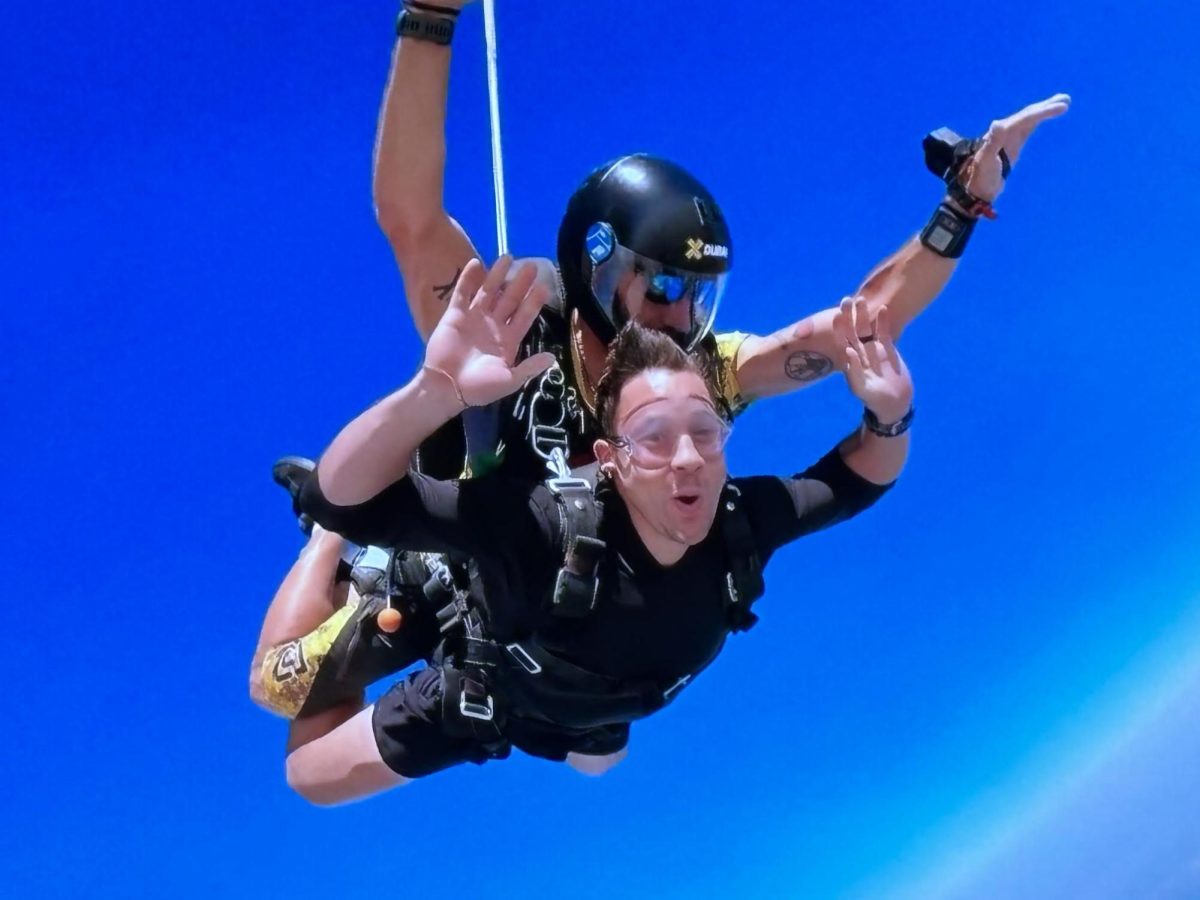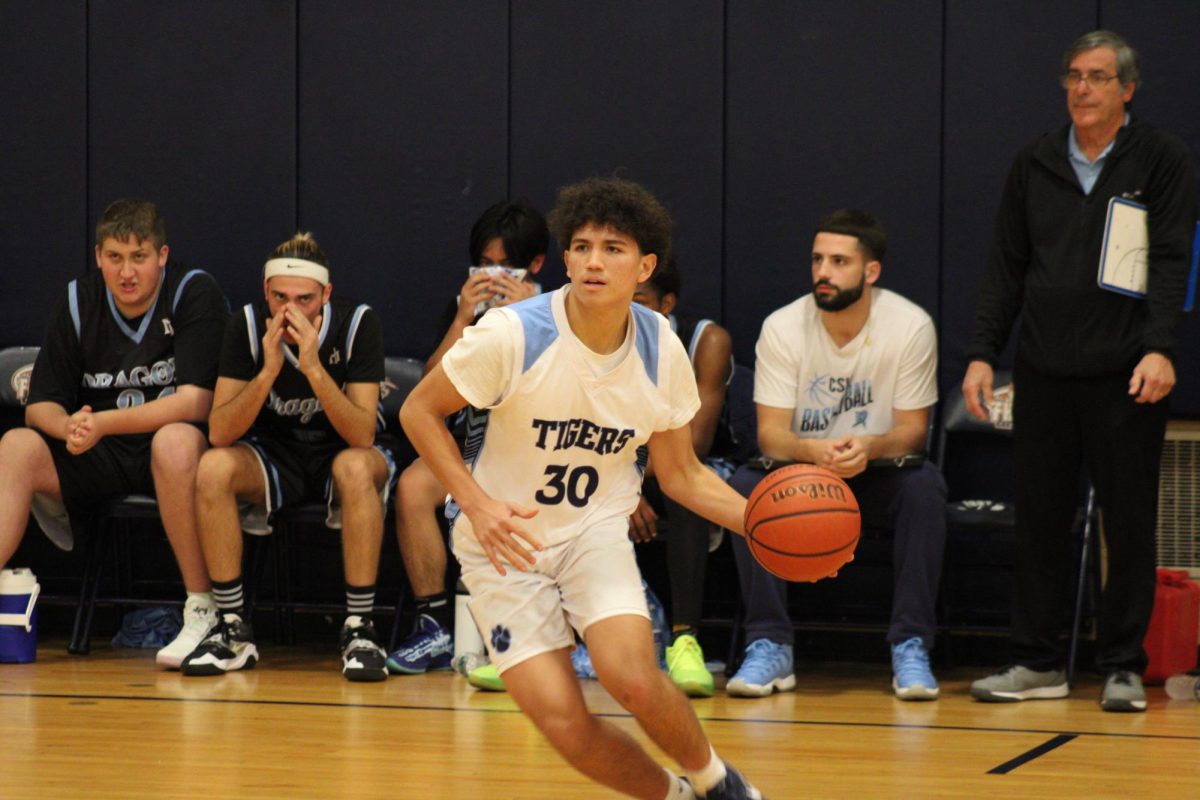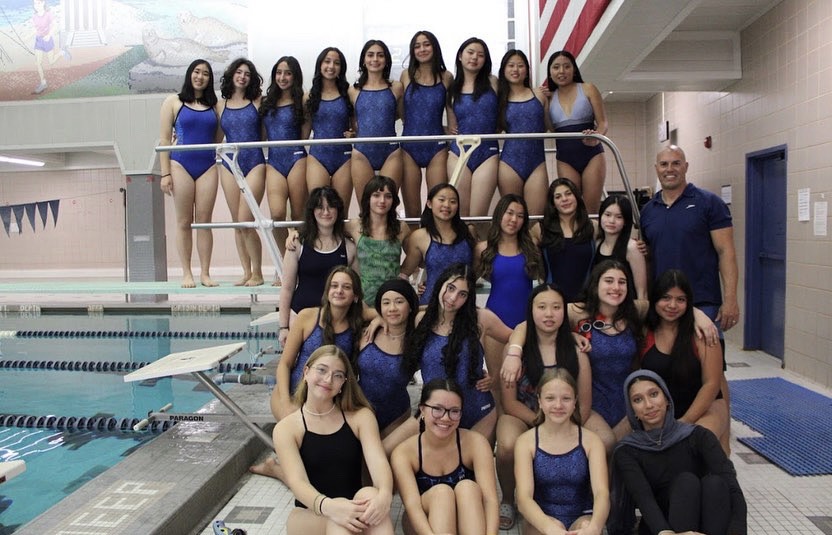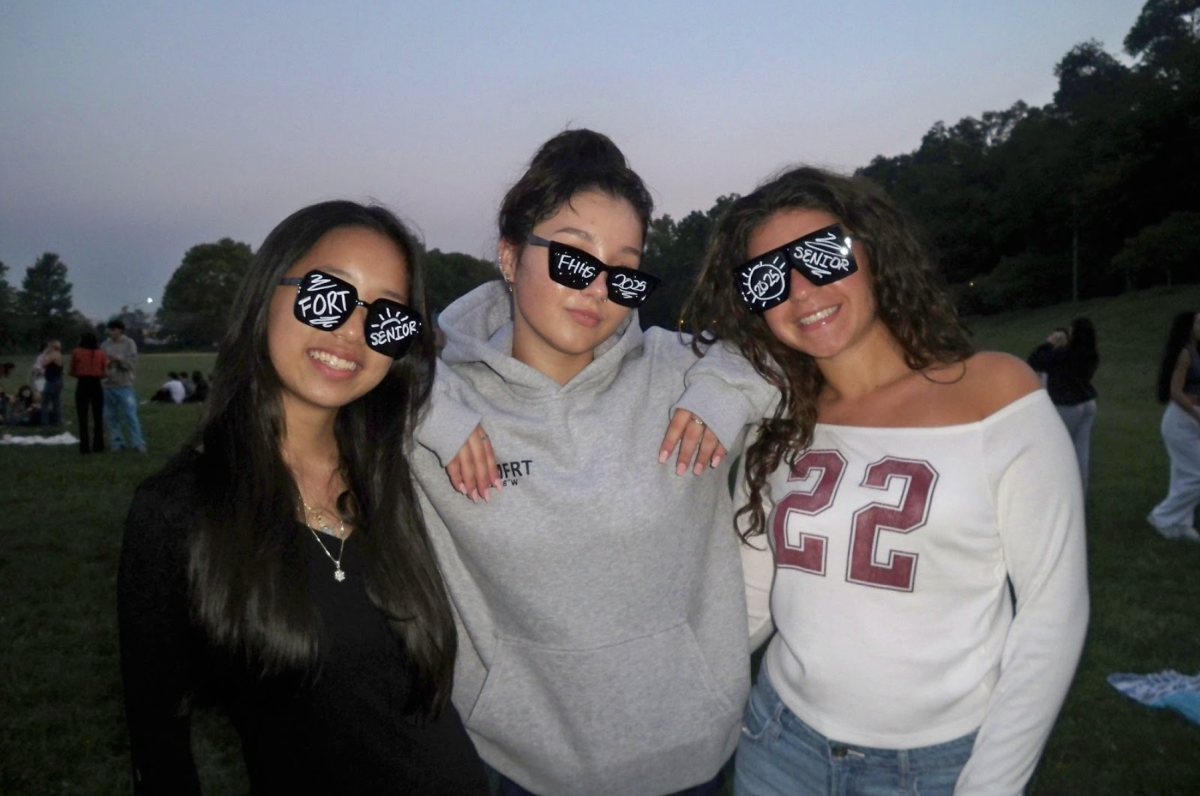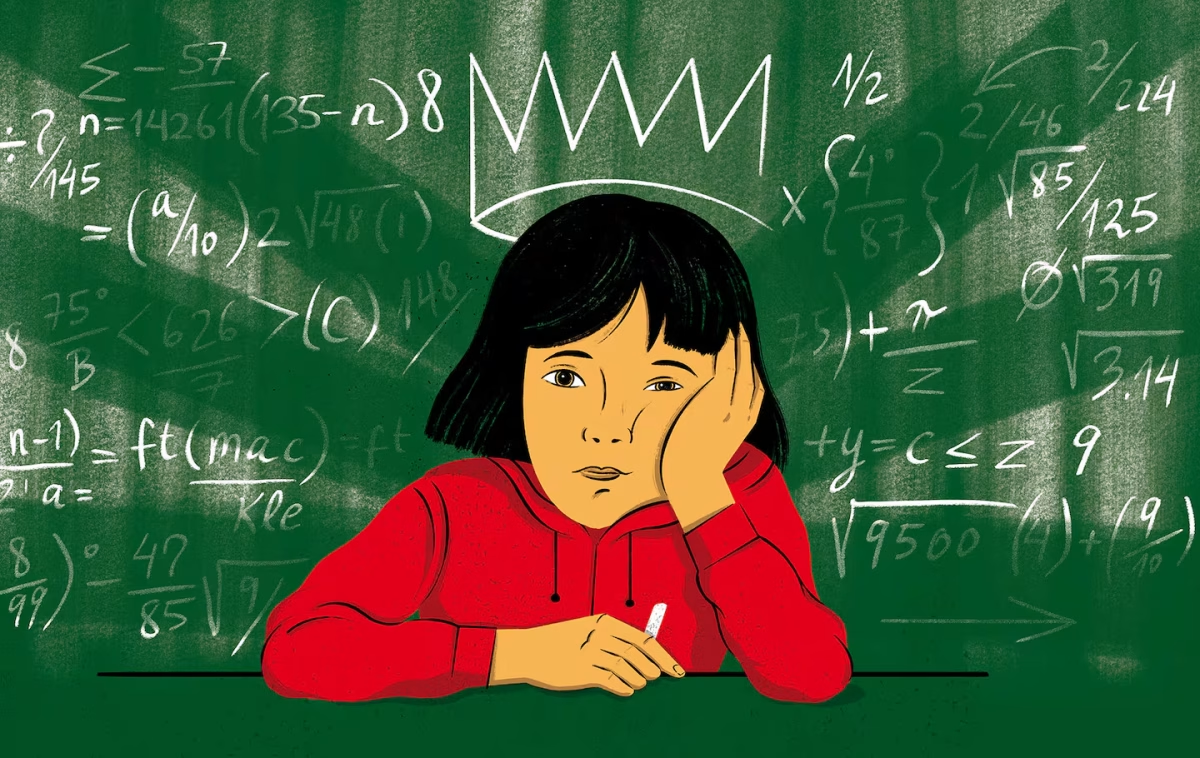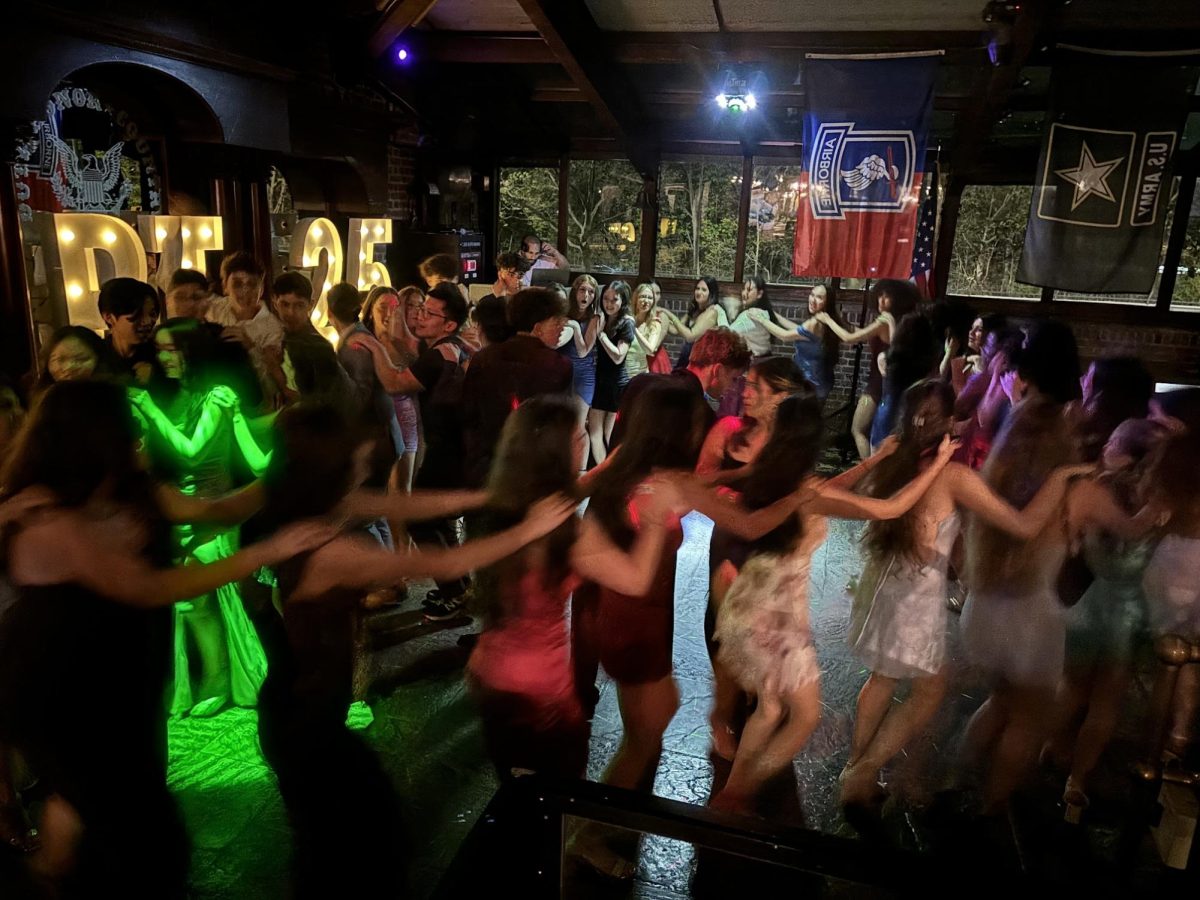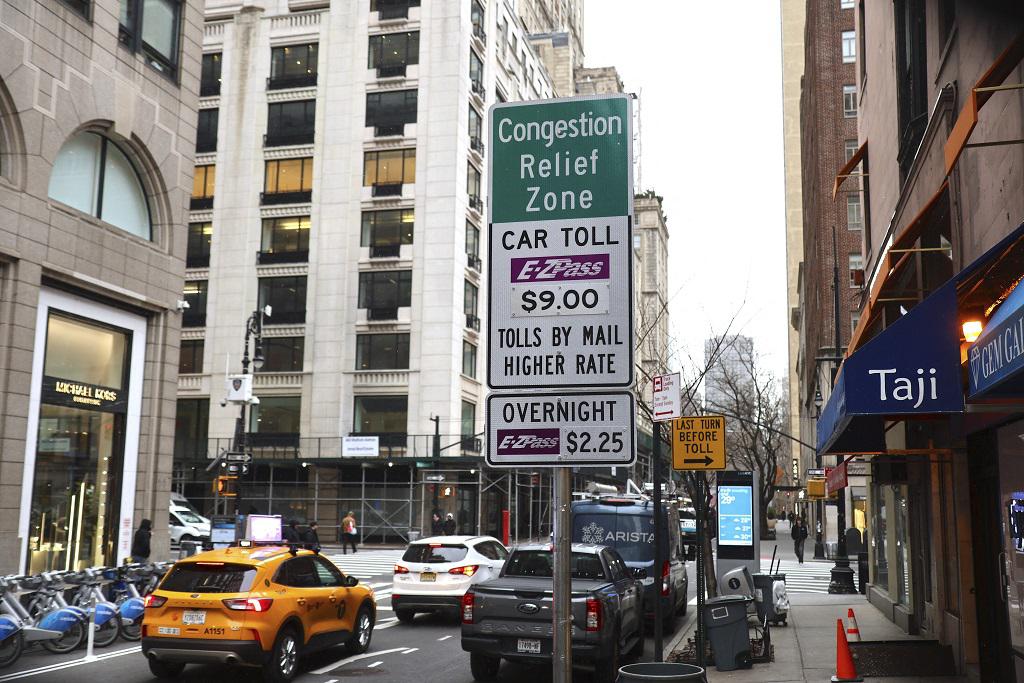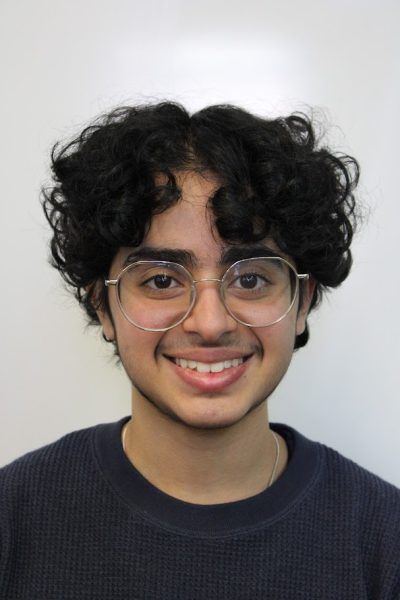In 2024, audiences found themselves enthralled by a story of cardinals electing a new pope. Conclave, released in 2024 and netting both $117,102,068 in the box office and winning an Oscar for Best Adapted Screenplay, told the story of a papal conclave, or the process of electing a new pope. What no one realized, however, was how timely the film would prove.
On Monday, April 21st, 2025, Pope Francis, born Jorge Bergoglio of Argentina, passed away. As the first Jesuit and Latin American pope, Francis was regarded (and will likely be remembered) for his progressive stances on divorce, as well as homosexuality and same-sex marriage.
Pope Francis also made a point of humility in spite of his high position in the Church.
“He paid his own bill at the Vatican hotel where he stayed during the conclave that elected him, rode about town in a modest Ford Focus, lived in a Vatican guesthouse rather than the ornate papal apartments and, in a Holy Week ritual performed at a youth prison, washed the feet of a young Muslim woman,” according to Jason Horowitz and Jim Yadley’s Obituary for the New York Times.
Francis used his final address on Easter Sunday prior to his death to call for human rights, calling for a ceasefire in Gaza, peace in Yemen and Ukraine, an end to the genocide in Sudan and reconciliation in Armenia after Azerbaijan’s invasion.
“The light of Easter impels us to break down the barriers that create division and are fraught with grave political and economic consequences,” he said. “It impels us to care for one another, to increase our mutual solidarity, and to work for the integral development of each human person.”
Voting among Cardinals for the next Pope, known as the Papal Conclave, began May 7th, 2025. Out of the 135 eligible cardinal electors, the pope’s election required a two-thirds majority vote. (Cardinals are elected by Popes, and a staggering 108 were appointed during Pope Francis’s papacy, coming from 71 countries in total.)
To become pope, one must be a cardinal, one of the highest ranking positions in the Catholic church. Age is an important factor as well; the most viable candidate is in their 70s, with 60 generally being seen as too young. The process of voting for pope typically takes somewhere between 13-20 days, although conclaves have lasted for longer than that in the past, such as in 1268, the longest papal election in history, lasting more than two years.
The eventual Pope selected, Robert Francis Prevost, the first American pope in history, surprised many, as he was not one of the candidates many had predicted. Provost, selecting the Papal name of Leo XIV, has been fairly silent after taking the Papacy. In his first Sunday blessing, he called for “authentic, just and lasting peace,” specifically calling for an end to the war in Ukraine and a permanent ceasefire in Gaza, as well as an end to the blockade on humanitarian aid. Likewise, he attempted to remain diplomatic at his inaugural mass, calling for unity in the church and meeting with Ukrainian president Zelenksy to continue to encourage peace talks in Ukraine.
Regardless of how the new Pope proceeds with his position, the Catholic Church is in line to continue to change with the times. As the late Pope Francis once said, “We must restore hope to young people, help the old, be open to the future, spread love. Be poor among the poor. We need to include the excluded and preach peace.”

